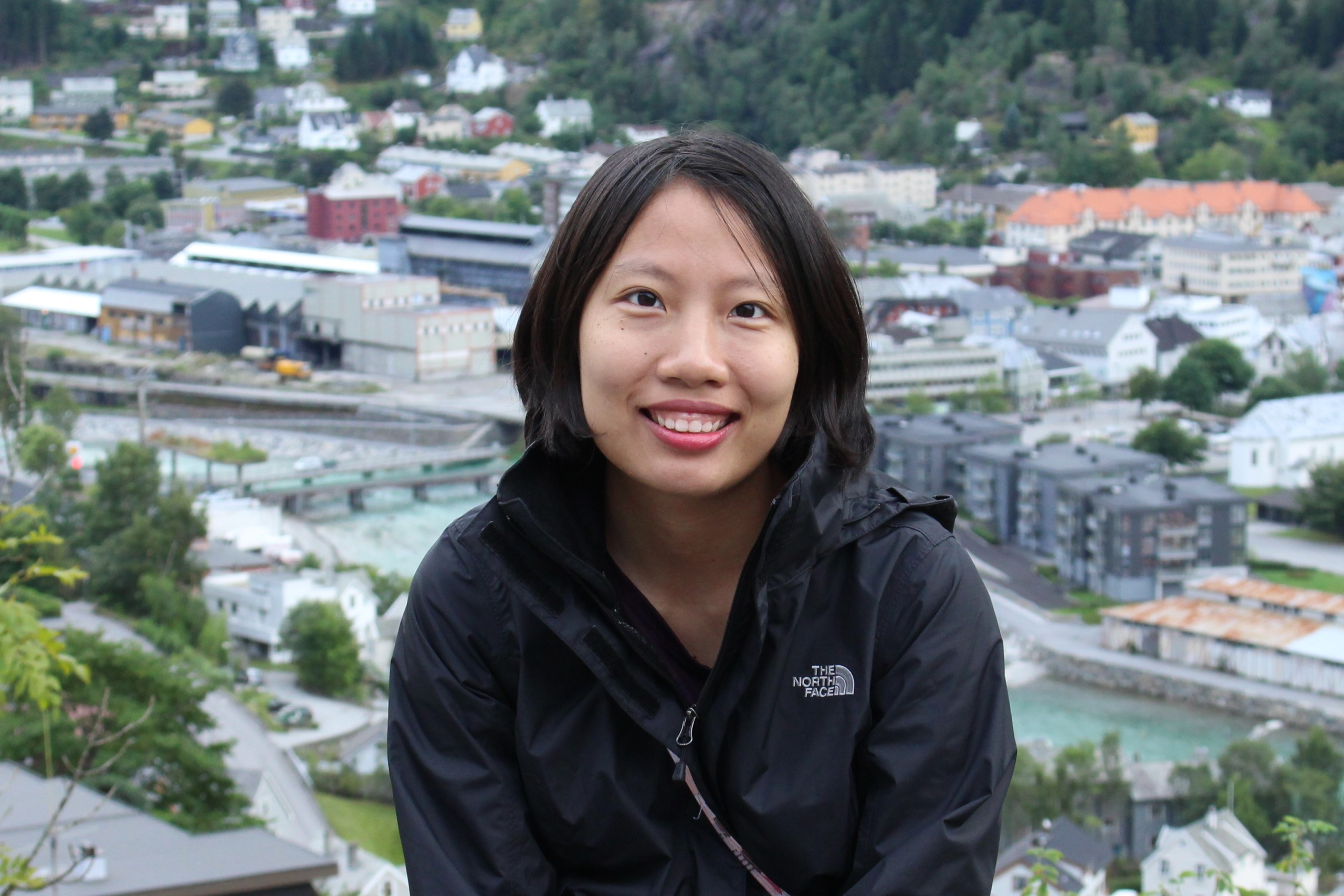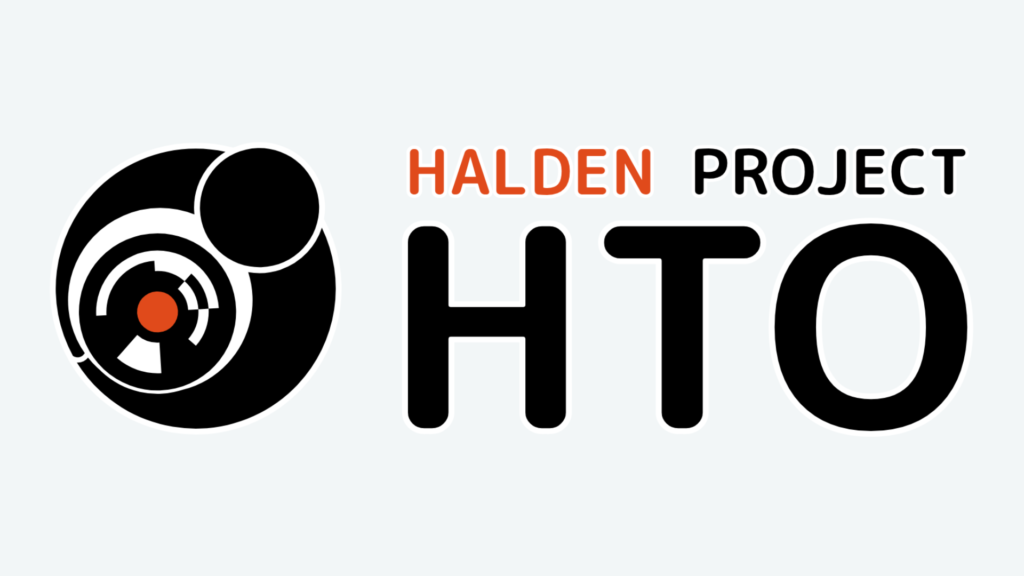IFE, together with the Cluster for Applied AI, and the Inspiria Science Center are collaborating on a project to investigate how we can make sure we have the best prerequisites for working with inclusion and gender equality in AI. This will lead the way for stronger companies, better innovations and technology with a broader appeal and adoption.

Hoa Thi Nguyen works at IFE as a researcher in the Applied Data Science department. Hoa is interested in applied machine learning to enhance digital systems and is pursuing her Ph.D. in autonomic computing for service-oriented architecture. We asked her to give us her thoughts on barriers and the importance of women being involved in AI.
– One of the biggest challenges for women working in AI is the mental barrier imposed by social stereotypes. I say this from the perspective of a person who comes from a conservative country that still sees women as less intelligent and less suited for intellectual subjects like math and science, and thus discourages women from following technical jobs. Coworkers do not take women seriously and often go to male colleagues even though both have the same capabilities.
Even if they are more subtle, the issues remain
The fact that women are still viewed as lesser individuals in some cultures is of course a great shame. And also a false premise. We should, however, not be quick to dismiss this issue as a problem in less developed countries and cultures. Gender stereotypes and sexism are still present in our society.
-I once got rejected from a job with the premise that women would eventually get pregnant and maternity leave would disrupt the company’s productivity. Since I moved to Norway, the culture and social settings have shifted significantly, and I get the same respect and opportunity as my male colleagues. However, the issues remain and become more subtle. As society tries to encourage more women to join the field, it causes side effects that make us feel like being pointed out as a woman in AI. This has a sexist undertone, as I would like to be addressed simply as an AI researcher. My achievements are based on my merit rather than my gender, Hoa explains.

Rossella Bisio is a senior researcher in the Humans and Automation Department at IFE. Rossella is interested in the interaction between human and smart automation, where AI enables autonomy, cooperation, and cognitive support capabilities.
-AI was born in the computer science community, and though the need for other competences in AI development has been recognized for a while, AI still belongs to the STEM (Science, Technology, Engineering and Math) disciplines. As with the other STEM disciplines, gender bias is also prevalent in the AI community. Combined with the fact that many women are reluctant to get into the STEM fields, for several cultural reasons, the number of women who join the exciting and cognitively rewarding adventure that is AI is very low, Rossella states.
Gender bias still prevalent
AI is, in other words, not alone in the issues regarding gender equality and prejudice. Rossella refers to an article about a study on open-source software development which has some interesting results. The article, called “Gender differences and bias in open source: pull request acceptance of women versus men” states:
“Surprisingly, our results show that women’s contributions tend to be accepted more often than men’s. However, men’s acceptance rates are higher for contributors who are outsiders to a project, and their gender is identifiable.”
-Even though this is not AI, I believe similar results could be expected in the AI field. While the prevalence of acceptance of women’s contributions can be affected by the survivorship bias, the second part of the sentence in the quotation shows the presence of a gender bias, Rosella Bisio says.
One could ask why it is important to have more women working in AI? Why it is important that we achieve gender equality?
-I would say that there are two facets to this question. For researchers working in AI, I believe we should disregard the genders of individuals and focus on their competencies. I would like to have the same treatment as my male colleagues. This also means that I should only be qualified for the job based on my competencies, not for the sake of gender balance. As for the application of AI, for example medical support AI, the performance of AI should be the same regardless of gender. Therefore, it is important that women are present in the development phase of AI. To ensure that the AI also works for women and their perspectives, Hoa Thi Nguyen points out.
AI needs women
The perspective of women is integral to ensure AI works for everyone, not just half of the population.
-One aspect is that AI is not only computer science. It is psychology, human factors, and much more. When I first met AI in the middle of the 80’s, I was immediately fascinated by the potential to better understand human cognition and explore the potential of machines. For me, AI was a way to encounter different domains of human competence, very interesting domains characterized by complexity and uncertainty. More recently, ethical issues in data and their use for AI application have emerged dramatically, enriching the problem set. How can we face the challenges without the contribution of all the minds we can engage in the enterprise? Variety is richness, and gender equality is essential to reaching the critical mass we need in variety. AI needs women, Rossella Bisio states.
Variety is not only good, but also needed. And on a more personal level there are great possibilities within AI, as Rossella points out in her final remark.
-Another aspect is that promoting gender equality gives women more opportunities to know, work, and develop experience in this incredibly enthralling field. Women, AI is fun!
Join the workshop
Some of the challenges women face in the field of AI and machine learning are known to us. But we need help regarding the unknown ones. They are probably far greater than we think. Therefore, we need you to share your experiences and knowledge with us. Knowing what problems are present, and which issues need to be resolved, is essential to ensure that more women find their way into the AI field. We hope to see you on the 16th of November at the Inspiria Science Center in Sarpsborg.
The workshop is free to attend and open for everyone, but we ask that you register in advance using the form provided here. The workshop will be held in English.


